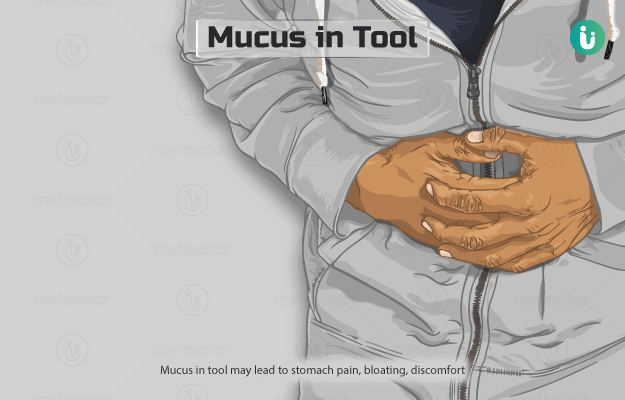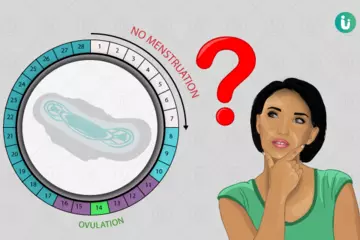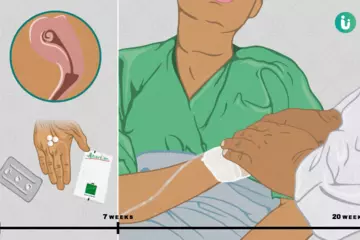What is poop made of? If you have ever pondered this question, this article is for you. Human faeces or poop is around 75% water (vegetarians typically have more water in their poo than people who eat non-vegetarian food most of the time). The remaining 25% contains solid such as:
- Fibre and undigested plant matter
- 2-15% undigested fats, depending on how much dietary fat we have in our meals
- 2-25% undigested proteins
- Dead cells and some proteins from the lining of the colon (gut)
- 25-54% microbes, including bacteria and viruses that typically live harmoniously in the body. These bacteria and viruses could be alive or dead. Research shows there could be up to 100 billion bacteria and 100 million to 1 billion viruses per gram of wet (healthy) stool. Examples of bacteria in normal poo include Prevotella bacteria and Ruminococcaceae bacteria
- Calcium
- Iron phosphate
- Metabolic waste such as stercobilin, which gives poo its brown colour. Stercobilin is a waste product of the breakdown of red blood cells and bile in the body
- Mucus and other intestinal secretions
So, a little bit of mucus is present in everyone’s poo and this is nothing to worry about. In fact, a little bit of mucus actually helps to keep the intestines lubricated.
However, our poo changes when we are ill and we should not ignore these changes. For example, normally the amount of mucus in poo is negligible and we can’t see it. But a lot of mucus in faeces could signal a few health problems such as diarrhoea, irritable bowel disease (IBD) or bacterial infections.
Read on to know all about mucus in poo: what causes it, symptoms to watch out for, prevention, diagnosis, treatment and tips for healthy poo.

 Doctors for Mucus in stool
Doctors for Mucus in stool  OTC Medicines for Mucus in stool
OTC Medicines for Mucus in stool





































